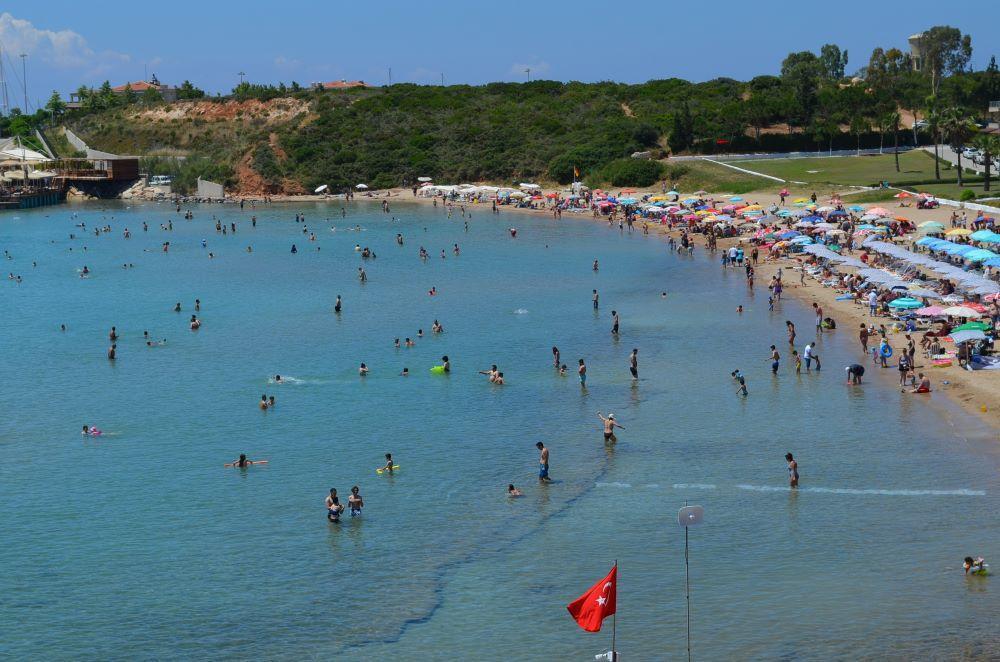
Turkey’s different business sectors disagree over how long the Eid al-Adha (“Feast of Sacrifice”) holiday should be. Tourism players want a nine-day-long public holiday, while businesspeople in other sectors argue that duration would slow down the economy due to a loss in labor force.
The Eid al-Adha holiday is scheduled for Aug. 11 (Sunday) through Aug. 14 (Wednesday). But it is unclear yet whether authorities will declare Aug. 15 (a Thursday) and Aug. 16 (a Friday) as holidays, effectively creating a nine-day public holiday, including the two weekends -- as they sometimes do.
Tourism players are in favor of such an extension but are admitting that such an announcement, made so late, would have a limited impact on the sector. They say that with only a few days left until the holiday, the hotel prices are already quite high, which would significantly bring down the demand.
“If the extension announcement had come one month ago, then holiday agents would have been able to plan their schedules accordingly. If the extension is announced now, then it will not impact the behavior of consumers too much. Those who are returning home will not change their plans,” said Firuz Bağlıkaya, the head of the Association of Turkish Travel Agencies Association. Vacationers either travel to their hometowns to spend the Eid al-Adha holiday with their families or flock to coastal cities or sightseeing sites.
“After this point, the decision of a holiday extension will not have a positive or negative impact, because there is not any time left for people to plan holidays. Hotels are full, and this causes prices to increase. These kinds of holidays must be determined from the beginning of the year so that our citizens can plan accordingly,” said Osman Ayık, the head of Turkish Hoteliers Federation (TÜROFED).
Figen Erkan, chairman of tourism company JOLLY, said that even if the decision of an extension is belated, it would still benefit the economy.
“As the size of the tourism sector increases, the economy also benefits from this. If the extension to the holiday had been announced earlier, customers could have benefitted from early reservation opportunities. If the announcement had come earlier, those going to their hometowns could have also created time for the [longer] holiday. But still, there may be those who wait [to make plans] until the last minute. So, there is still a fraction that will give a decision accordingly if the holiday extension is announced,” said Erkan.
The chairman of Ankara Chamber of Industry (ASO), Nurrettin Özdebir, however, said that Turkey “does not need more holidays,” but instead “more production.”
“We are going through a difficult economic period,” he said.
Similarly, the vice chair of the Union of Chambers and Commodity Exchanges of Turkey, Zeki Murzioğlu, said that the extension of holidays is costly to employers.
“Workers would want [the holiday]. Of course, they have a right to go on holiday, but my firm then stops production. I will pay for that nine-day pay premium. I am not picking sides. If holidays are granted, I end up paying the price. Workers would want this but not employers,” said Murzioğlu, who is also the chairman of Samsun Chamber of Commerce and Industry.